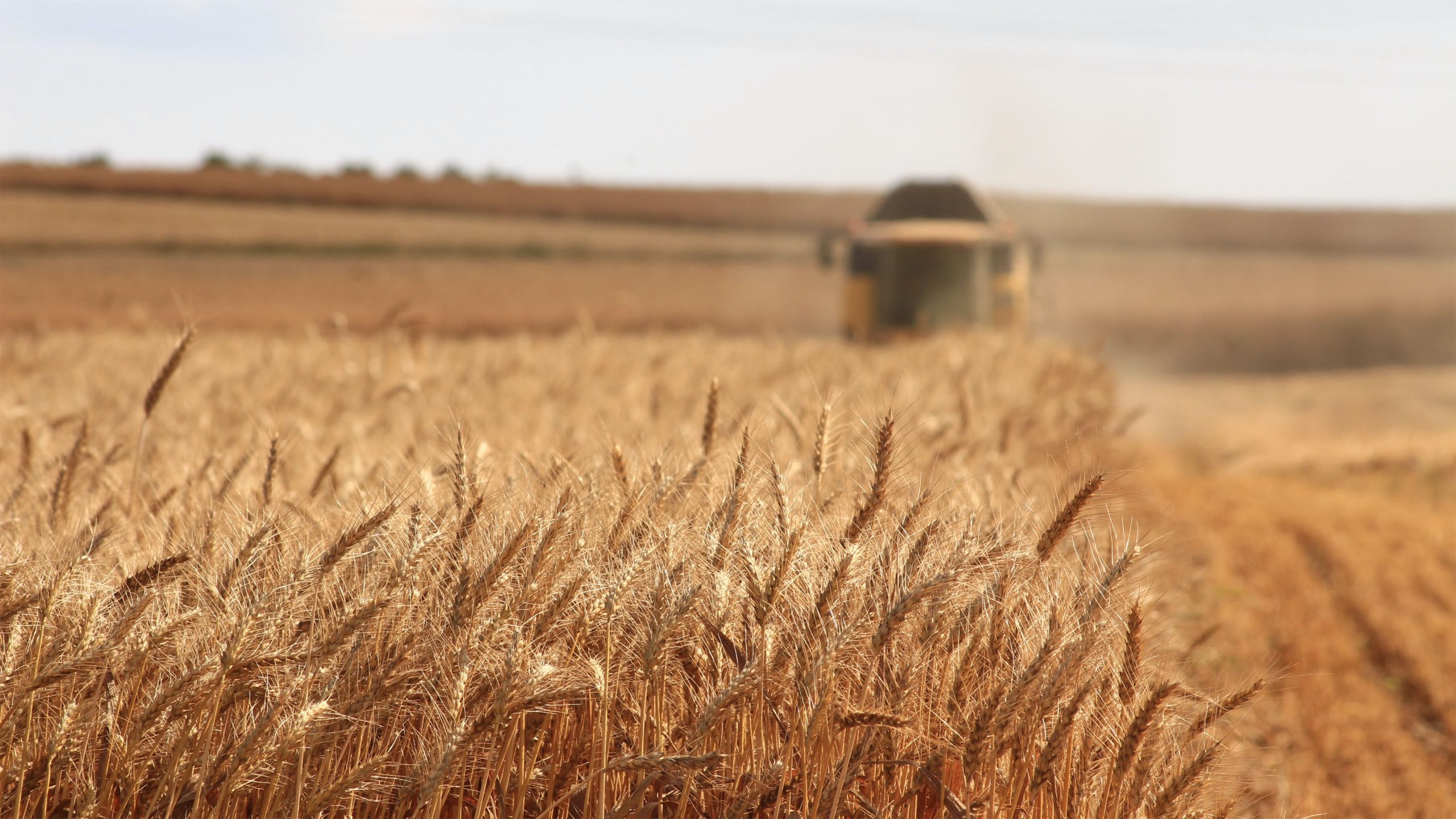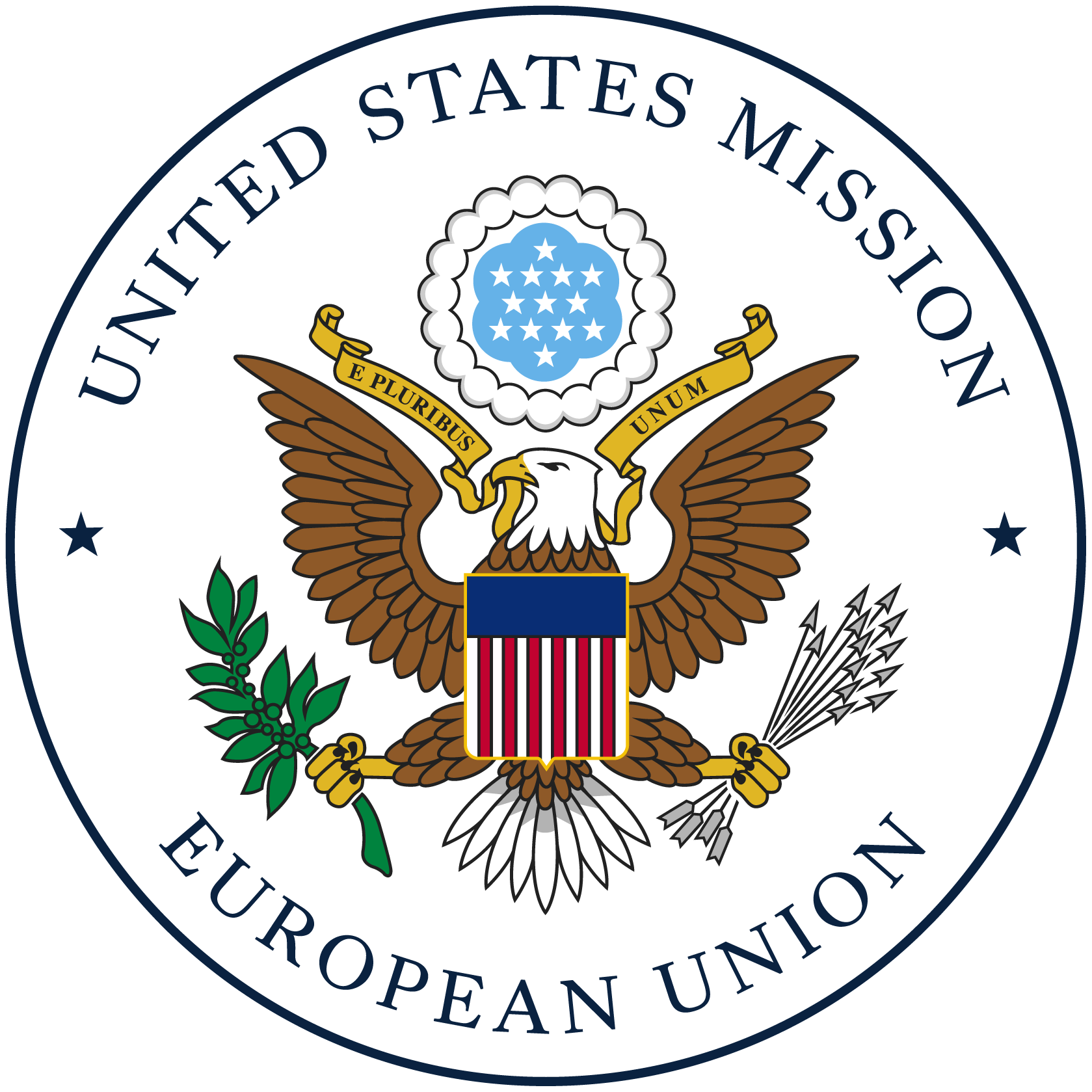What is the EU?
The European Union (EU), the world’s largest multi-nation trading bloc, is a group of independent European states whose governments form an economic and political partnership. Since January 2021, the EU comprises 27 Member States: Austria, Belgium, Bulgaria, Croatia, Cyprus, Czech Republic, Denmark, Estonia, Finland, France, Germany, Greece, Hungary, Ireland, Italy, Latvia, Lithuania, Luxembourg, Malta, Netherlands, Poland, Portugal, Romania, Slovakia, Slovenia, Spain, Sweden.
Any European country can join the EU provided it accepts the entire body of EU laws and obligations associated with the treaties and agreements to which the EU is a party. Iceland, the Former Yugoslav Republic of Macedonia, Montenegro and Turkey are candidates to join the EU. Each treaty admitting a new member requires the unanimous approval of all the Member States.
The “Single Market” is the EU’s economic foundation. It is the common area between the 27 Member States where goods, services, capital and persons can move freely in accordance with the Treaty establishing the EU. Member States may restrict the free movement of goods only in exceptional cases, e.g. when there is a food safety, public health or environmental risk. Free movement can only be guaranteed when all aspects are covered by EU-harmonized legislation. Aspects not covered by EU-harmonized legislation are subject to the national laws of the Member States. For example: the EU regulates vitamins and minerals that may be used in food supplements but herbal ingredients and botanicals are subject to Member State legislation.


